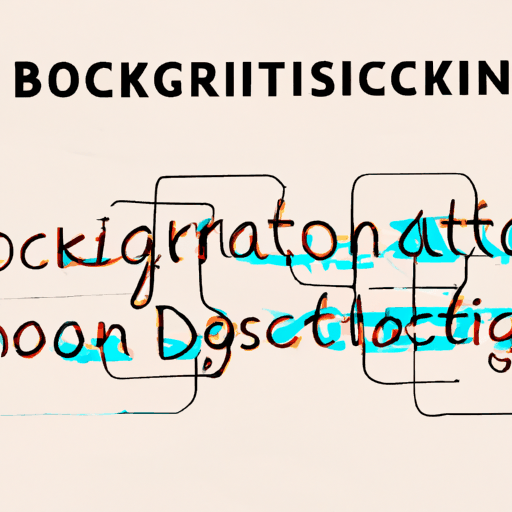
Learn Concept: Multi-Signature Smart Contracts in Crypto Compliance
By: Isha Das
Multi-signature smart contracts are a crucial component in the world of cryptocurrency, particularly in compliance mechanisms such as address blacklisting. A recent report from AMLBot highlighted an issue with Tether, where delays in blacklisting USDT addresses enabled approximately $78 million in illicit transfers.
Multi-signature contracts require multiple parties to approve transactions before they are executed, ensuring a higher level of security and accountability. In the context of address blacklisting, this setup necessitates multiple confirmations before an address can be blocked, potentially creating a window where illicit transfers can occur undetected.
This system is designed to prevent any single party from having unilateral control over the blacklist enforcement, thereby reducing the risk of errors or misuse. However, as demonstrated in the Tether case, the time required to secure the necessary approvals can be exploited by malicious actors seeking to move funds without scrutiny.
This concept underscores the balance between security and operational efficiency in blockchain compliance tasks. For stablecoin issuers like Tether, improving the responsiveness and reliability of their multi-signature processes is vital to maintaining integrity and trust in digital currency markets. As crypto technology evolves, so must the strategies for compliance and security, adapting to protect against sophisticated forms of financial crime while ensuring swift and decisive action against breaches.



